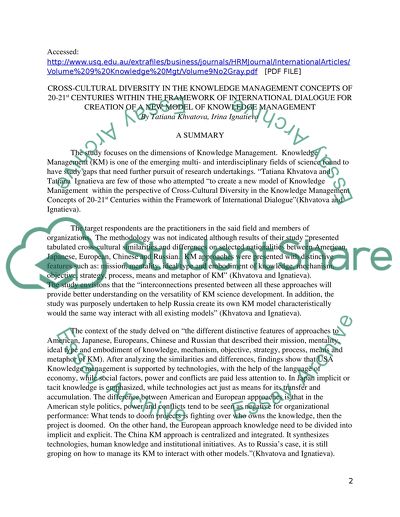Cite this document
(“Assignment 1 Essay Example | Topics and Well Written Essays - 2250 words”, n.d.)
Retrieved from https://studentshare.org/environmental-studies/1420552-assignment
Retrieved from https://studentshare.org/environmental-studies/1420552-assignment
(Assignment 1 Essay Example | Topics and Well Written Essays - 2250 Words)
https://studentshare.org/environmental-studies/1420552-assignment.
https://studentshare.org/environmental-studies/1420552-assignment.
“Assignment 1 Essay Example | Topics and Well Written Essays - 2250 Words”, n.d. https://studentshare.org/environmental-studies/1420552-assignment.


